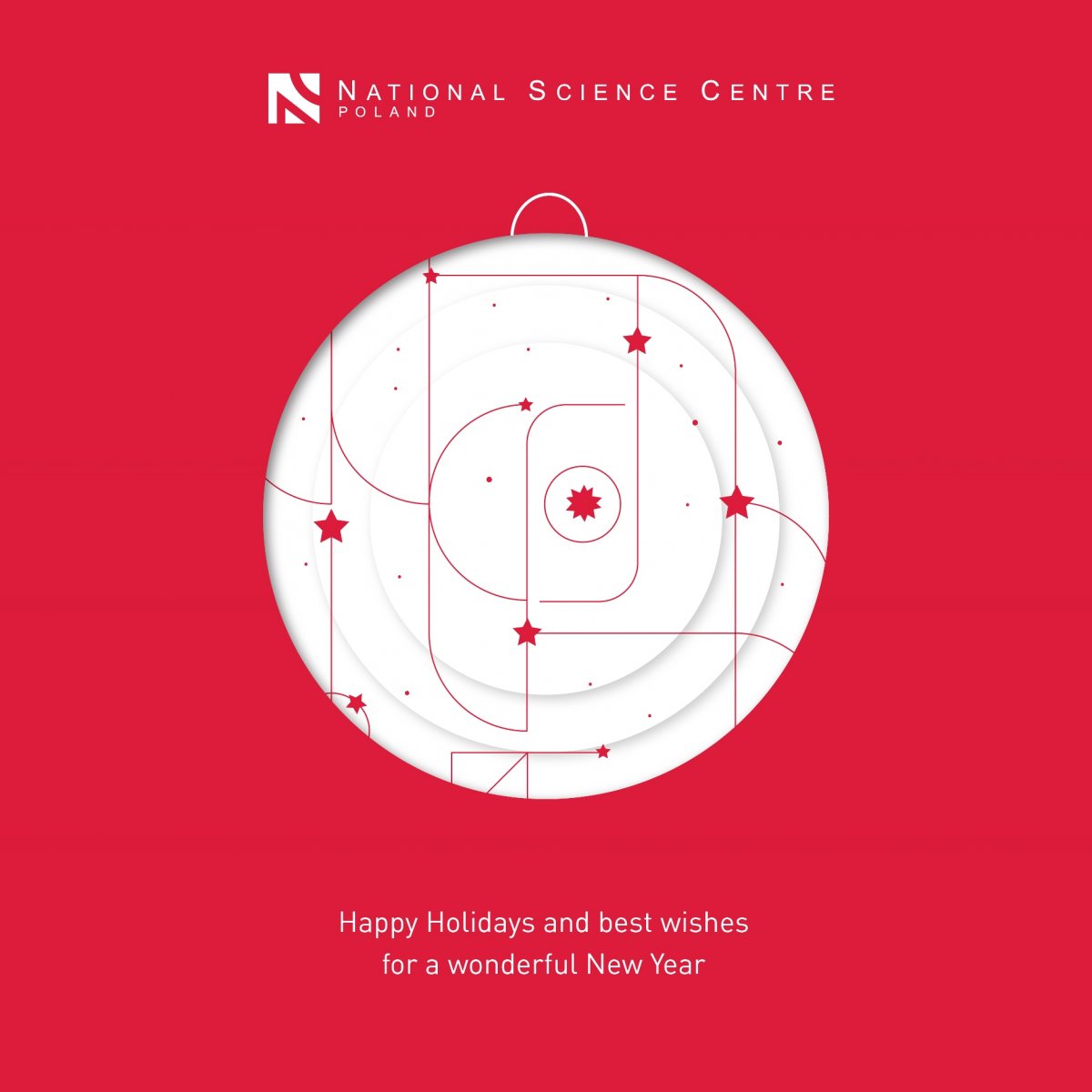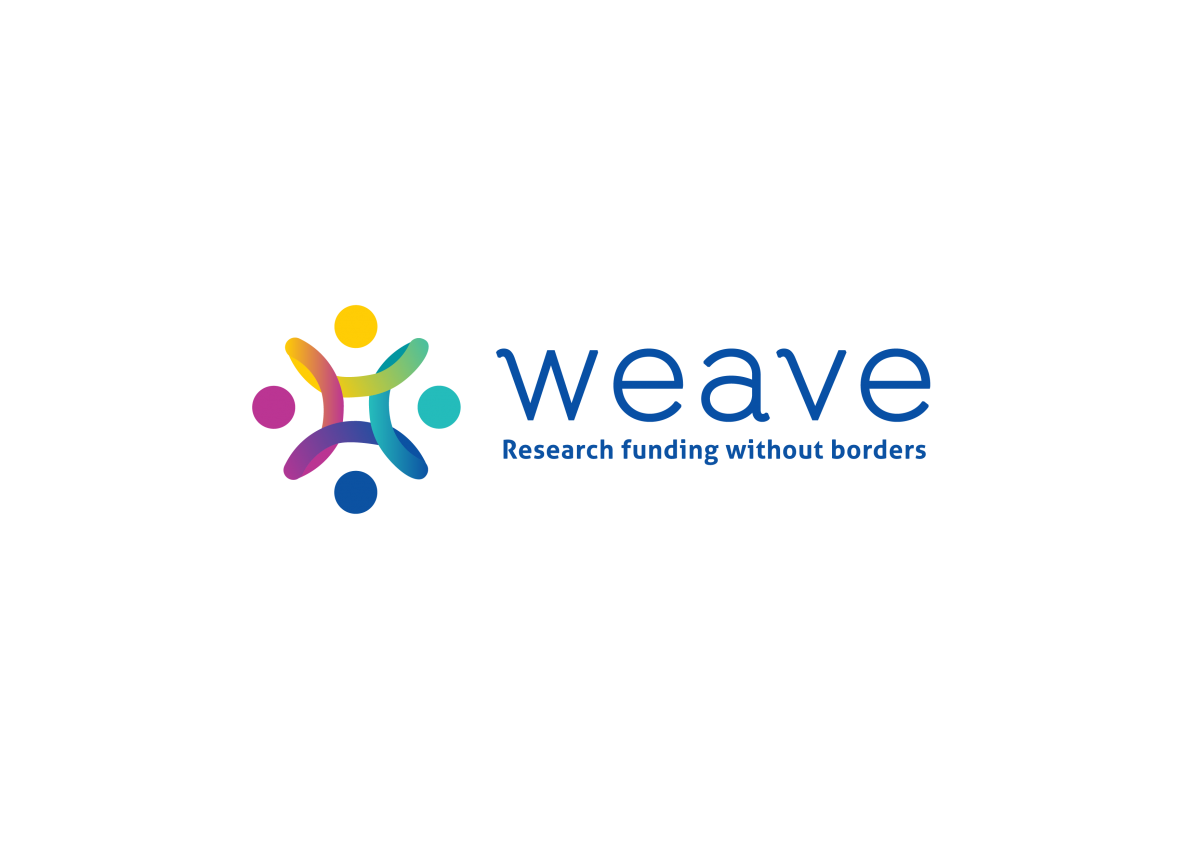The National Centre for Research and Development (NCBR) and the National Science Centre are pleased to invite researchers and entrepreneurs to submit their research proposals to the fifth call under the TANGO Joint Undertaking. A total budget of 30 million PLN is available this time to support the development of technologies based on basic research findings.
The proposals can be submitted to the NCBR, only electronically, between 1 February and 30 June 2021, divided into two rounds.
The idea behind TANGO is to build bridges between basic research and its practical applications. The National Science Centre and the National Centre for Research and Development are reaching out to innovators whose basic research, i.e. empirical or theoretical endeavours undertaken to gain new knowledge of the foundations of phenomena and observable facts, without any direct commercial use, have an especially high implementation potential.
“Cooperation between researchers and entrepreneurs ultimately serves the common good: it bolsters our economy and enhances the level of innovation in Polish science all at the same time. Many basic research findings can and do find applications in response to key challenges facing Poland, including in the areas of healthcare, environment, and technology. Through the TANGO programme, we want to support such ideas so that they can be developed and applied more quickly to generate tangible economic benefits”, says Przemysław Czarnek, the Polish Minister of Education and Science.
The fifth edition of the TANGO scheme is open to academic and research centres and research and industry consortia that conduct proof-of-concept work, industrial research and development based on the findings of basic research previously funded by the National Science Centre. No limits as to the subject matter of the study apply.
“Through the initiative undertaken together with the National Science Centre, we wish to boost the degree of commercialisation of technologies developed on the basis of research findings”, says Dr inż. Wojciech Kamieniecki, Director of the National Centre for Research and Development. “We have no doubts that this is the right direction. The results of the TANGO programme will be known in a few years, when we have counted the number of patents secured on the basis of completed projects and, especially, the number of research findings implemented and used in actual economic activity”, he adds.
Get on track to success!
The budget of the TANGO 5 call is 30 million PLN. Funding may be requested under one of three tracks (A, B, C), depending on the research stage of the initial project.
The initial project is a research project in the field of basic research. The schemes under which initial projects in Tracks A and C may be funded include all domestic and international calls launched by the National Science Centre, except ETIUDA, FUGA, UWERTURA and MINIATURA. To qualify for Track B, the project must be funded under the first, second, third or fourth (Track A only) TANGO scheme.
The differences between the tracks also have to do with the objective, the addressees and the scope of funded activities:
- Track A – the objective is to find an industrial partner interested in further project implementation under Track B. The proposal may be submitted by research centres. The funding of max. 250 thousand PLN per project will go towards proof-of-concept and R&D work. The total budget of Track A is 6 million PLN.
- Track B – is open to applicants who have already found an industrial partner within the framework of the TANGO programme. Proposals can only be submitted by consortia made up of academic or research organisations and enterprises, headed by an academic or research organisation. The funding of max. 3 million PLN will go towards industrial research and development work. The total budget of Track B is 6 million PLN.
- Track C – is targeted at entities that have found an industrial partner outside of the TANGO programme. Proposals can only be submitted by consortia made up of academic or research organisations (leader) and enterprises. The funding of max. 3 million PLN, will go towards industrial research, development and proof-of-concept work. The total budget of Track C is 18 million PLN.
The prerequisite for funding under Tracks B and C is that the applicants commit themselves to implementing the results of the project.
In accordance with the programme objectives, the merit-based review performed by experts will consider issues such as market demand and implementation profitability. Other important criteria will have to do with the objective of the project, intellectual property rights, implementation potential and the innovative and competitive edge of project results.
“Our many years of cooperation with the National Centre for Research and Development within the framework of the TANGO call are a bow to the demand of our grantees for a fast track to implement the results they have obtained in their basic research projects”, says Professor Zbigniew Błocki, Director of the National Science Centre. “It makes it possible for results with a high application potential to be used much sooner in the service of the national economy and the further growth of Polish science.”


 Weave aims to simplify the submission and selection procedures of collaborative research proposals involving researchers from up to three European countries or regions with a single evaluation. It makes use of existing national or regional funding programmes, through which research projects will be financed. It seeks to make it easier for researchers to collaborate across borders. It also has ambitions to increase the capacity of researchers to freely determine the composition, focus and content of their projects.
Weave aims to simplify the submission and selection procedures of collaborative research proposals involving researchers from up to three European countries or regions with a single evaluation. It makes use of existing national or regional funding programmes, through which research projects will be financed. It seeks to make it easier for researchers to collaborate across borders. It also has ambitions to increase the capacity of researchers to freely determine the composition, focus and content of their projects.